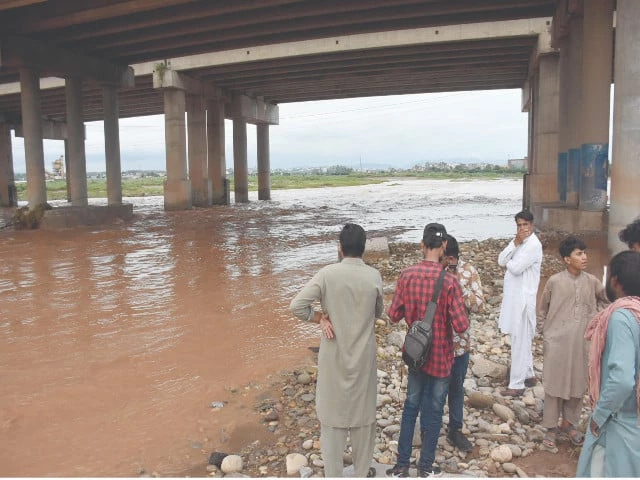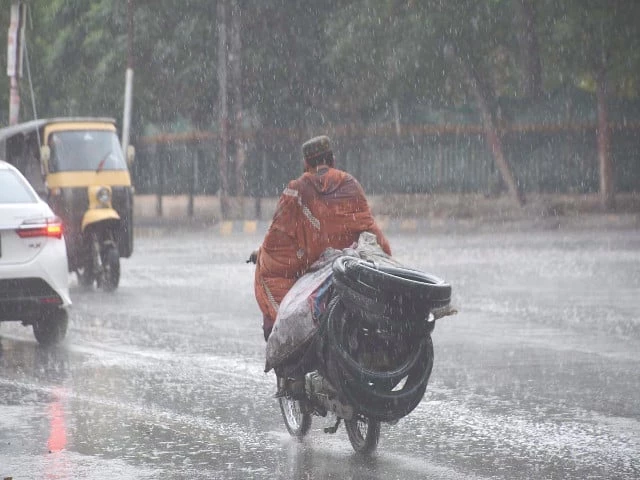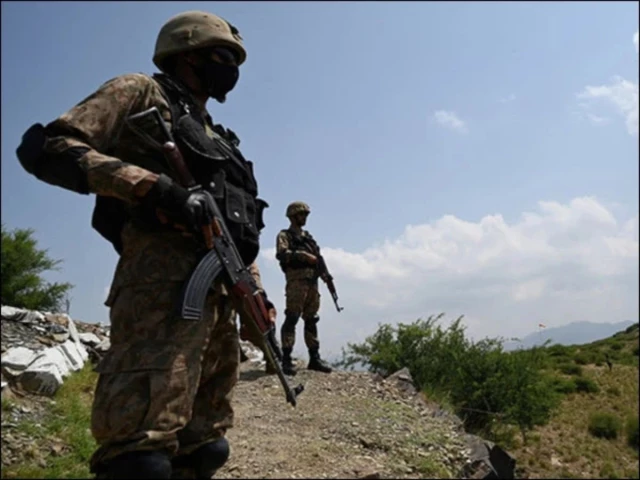Bridging the Divide: A Call for Peace Between Pakistan and India
In today’s world, where every scroll on social media bombards us with opinions and polarizing news, it can be all too easy to fall into the trap of disinformation. Recently, Bilawal Bhutto Zardari, the Chairman of the Pakistan Peoples Party (PPP), made headlines urging the youth of India to resist the temptations of hate and propaganda. Speaking to Indian journalist Karan Thapar, he emphasized that not every Pakistani is a terrorist and that collaboration is the key to combatting terrorism—a sentiment that resonates deeply today.
Bhutto highlighted the toll of terrorism on Pakistan, noting that the country has lost over 92,000 lives due to terrorist attacks in recent decades. He pointed out the challenges Pakistan faces internally, admitting, "I, too, am a victim of terrorism." His acknowledgment illustrates that this is not just a political issue; it’s a deeply emotional one impacting families and communities across both nations.
The PPP Chairman also called attention to the need for dialogue and cooperation between India and Pakistan on counter-terrorism efforts. He specifically referred to the 2007 Samjhota Express attack, questioning why justice has yet to be served for the victims. Bilawal believes it’s crucial for both countries to confront the issue of terrorism together, rather than allowing past animosities to dictate current actions.
His plea doesn’t stop there. He extended an offer for an international inquiry into recent violent incidents, reflecting a willingness for transparency and dialogue rather than hostility. By emphasizing a collective approach, he aims to break the cycle of blame and foster a new narrative—one of cooperation and peace.
Bilawal also voiced concerns over India’s plans to restrict water supplies to Pakistan, labeling this as a violation of humanitarian principles. Water scarcity has far-reaching implications, affecting not just livelihoods but also the fabric of human life. His message calls for mutual respect and understanding, arguing that actions which threaten millions undermine the very values celebrated in both nations.
Ultimately, Bhutto’s interview was not just about politics; it was a heartfelt appeal to the younger generations of both countries. He encouraged them to harness their collective energy for a future defined not by conflict, but by unity, cooperation, and prosperity. The enthusiasm he expressed for a brighter future is a reminder that hope lies in the hands of the youth.
For those interested in continuing the dialogue about peace, cooperation, and sustainable futures, connecting with platforms that foster these discussions can be invaluable. Pro21st is a great resource for engaging with like-minded individuals who share a vision for collaboration and understanding between nations. Let’s keep the conversation going—because together, we can reshape our destiny.
At Pro21st, we believe in sharing updates that matter.
Stay connected for more real conversations, fresh insights, and 21st-century perspectives.





